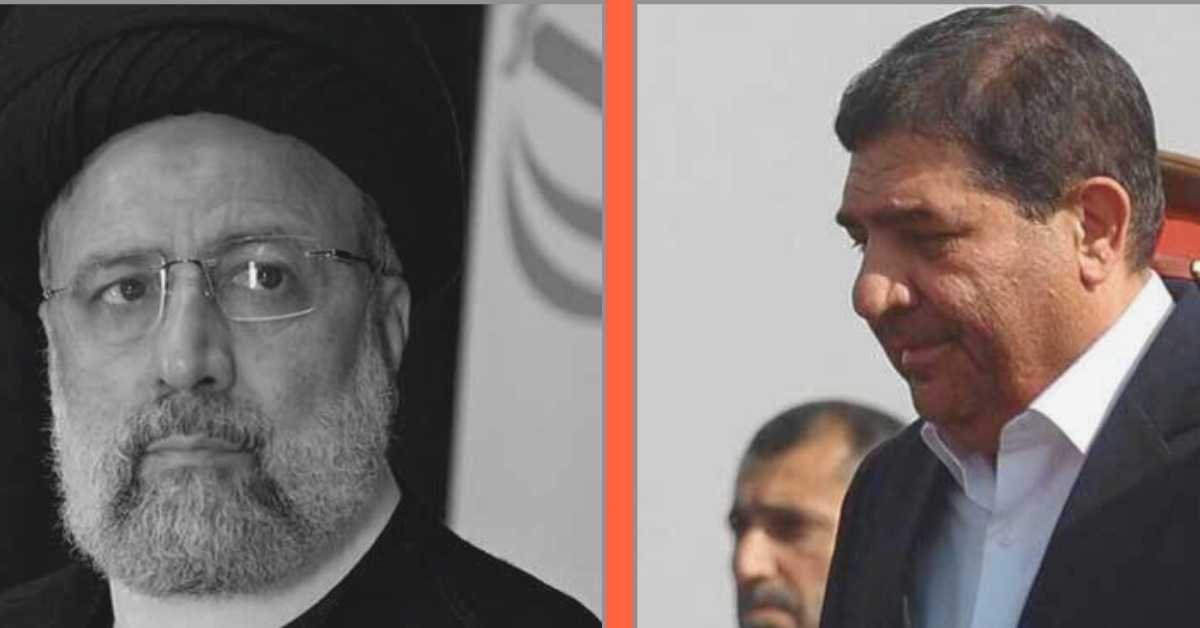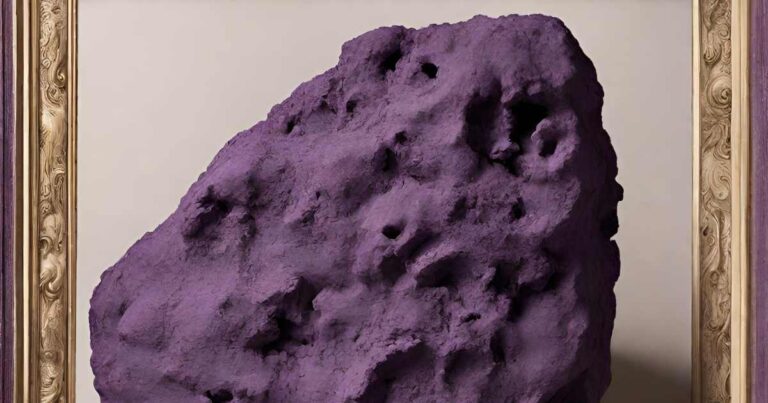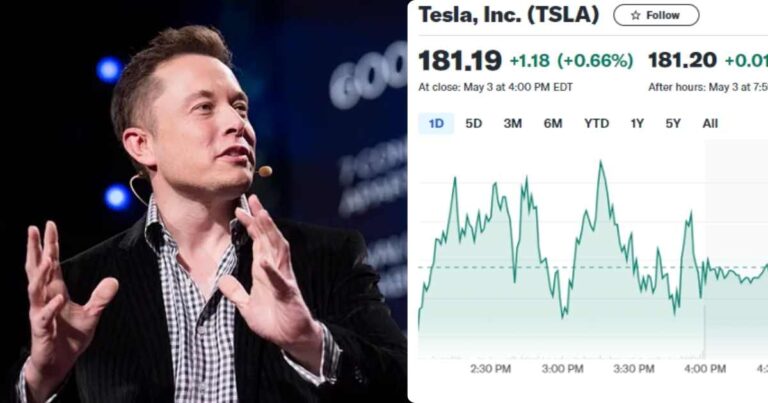Mohammad Mokhber Assumes Role of Acting President in Iran Amidst Ebrahim Raisi’s Temporary Absence
Introduction
In a significant political development, Mohammad Mokhber, a key figure in Iran’s government, has taken on the role of Acting President. This transition comes as President Ebrahim Raisi temporarily steps aside. The move marks a crucial moment in Iranian politics, stirring discussions both domestically and internationally.
Mohammad Mokhber: A Brief Profile
Mohammad Mokhber, a seasoned politician and a native of Dezful, Iran, has a rich history of serving in significant positions within the Iranian government. His most notable role was as the head of the Execution of Imam Khomeini’s Order (EIKO), a state-owned enterprise of great influence. Mokhber’s extensive experience and dedication to public service have earned him respect and recognition, making him a fitting choice for the Acting President role during Raisi’s temporary absence.
The Context of Ebrahim Raisi’s Absence
Ebrahim Raisi, who assumed the presidency in August 2021, is known for his hardline stance and close ties with Iran’s Supreme Leader, Ayatollah Ali Khamenei. His temporary leave from office, a move that is not without precedent, has sparked widespread curiosity and speculation about the reasons behind this decision. While official statements suggest medical reasons, the specifics remain undisclosed, adding an element of uncertainty to the situation.
Mokhber’s Initial Actions and Statements
Upon assuming his new role, Mohammad Mokhber addressed the nation, emphasizing the importance of continuity and stability. He reassured the public that the government would stay the course, with a strong focus on economic reforms, addressing inflation, and enhancing international relations. Mokhber’s speech underscored his commitment to sustaining the policies initiated by Raisi, providing reassurance to both the citizens and the international community about Iran’s steady governance.
Implications for Iran’s Domestic Politics
Mokhber’s temporary elevation to Acting President has several implications for Iran’s domestic politics. As a seasoned politician with a strong administrative background, Mokhber’s leadership style will be closely watched. His approach to handling the economy, particularly in light of ongoing sanctions and economic challenges, will be a key focus. Additionally, Mokhber’s interim leadership may influence internal political dynamics, potentially affecting future power balances within Iran’s political landscape.
International Reactions and Expectations
The international community has responded with a mix of curiosity and cautious optimism to Mokhber’s appointment as Acting President. Diplomatic circles are keenly observing how Mokhber will navigate Iran’s foreign policy, especially concerning ongoing negotiations over the nuclear deal and relations with neighboring countries. Mokhber’s previous administrative roles have involved significant economic interactions with other nations, providing him with a nuanced understanding of international diplomacy.
Mohammad Mokhber and Iran’s Economic Challenges
One of the most pressing issues facing Mokhber as Acting President is Iran’s economic situation. The country has been grappling with high inflation, unemployment, and the repercussions of stringent international sanctions. Mokhber’s extensive experience with EIKO, which oversees a vast portfolio of economic activities, positions him well to address these challenges. His focus on economic stability and reform will be critical in navigating Iran through this period of uncertainty.
Potential for Policy Continuity
Despite the temporary nature of his appointment, Mokhber’s role is crucial in providing a sense of policy continuity. Given his close alignment with Raisi’s administration, major policy shifts are unlikely. This continuity is particularly vital for ongoing initiatives in healthcare, social welfare, and infrastructure development, which require steady oversight to ensure their successful implementation, thereby ensuring a secure future for Iran.
Challenges Ahead for Mohammad Mokhber
While Mokhber’s tenure as Acting President is temporary, he faces several significant challenges. The persistent threat of economic instability, the need for effective management of Iran’s COVID-19 response, and the delicate task of maintaining Iran’s regional influence amid geopolitical tensions are all critical areas requiring his attention. Mokhber’s ability to address these issues will not only define his interim presidency but also impact Iran’s broader political and economic trajectory.
Conclusion
Mohammad Mokhber’s appointment as Acting President is a significant event in Iran’s political landscape. As he steps into this pivotal role, the nation and the world will be closely watching to see how he navigates the challenges and opportunities that lie ahead. Mokhber’s leadership will be crucial in maintaining stability and continuity in Iran during President Raisi’s temporary absence, thereby keeping the audience well-informed about the political developments.
FAQs
Who is Mohammad Mokhber? Mohammad Mokhber is a prominent Iranian politician who took on the role of acting president during Ebrahim Raisi’s temporary absence. He has held various significant positions, including heading the Execution of Imam Khomeini’s Order (EIKO).
Why is Mohammad Mokhber acting as president of Iran? Mokhber has assumed the role of Acting President due to President Ebrahim Raisi’s temporary leave. Official statements suggest Raisi’s absence is due to medical reasons, although specific details have not been disclosed.
What are Mohammad Mokhber’s main priorities as Acting President? Mokhber has emphasized continuity and stability, focusing on economic reforms, addressing inflation, and enhancing international relations. He aims to maintain the policies initiated by Raisi’s administration.
How does Mokhber’s experience with EIKO influence his role as Acting President? Mokhber’s experience with EIKO, a significant state-owned enterprise, has provided him with extensive administrative and economic management skills. This background positions him well to address Iran’s economic challenges and maintain policy continuity.
What are the international implications of Mokhber’s appointment? The international community is observing Mokhber’s interim leadership with interest, particularly regarding Iran’s foreign policy and ongoing negotiations over the nuclear deal. His previous roles involved significant economic interactions with other nations, which may influence his diplomatic approach.
What challenges does Mohammad Mokhber face as Acting President? Mokhber faces several challenges, including addressing economic instability, managing Iran’s COVID-19 response, and maintaining regional influence amid geopolitical tensions. His ability to tackle these issues will be crucial for Iran’s stability and future trajectory.






